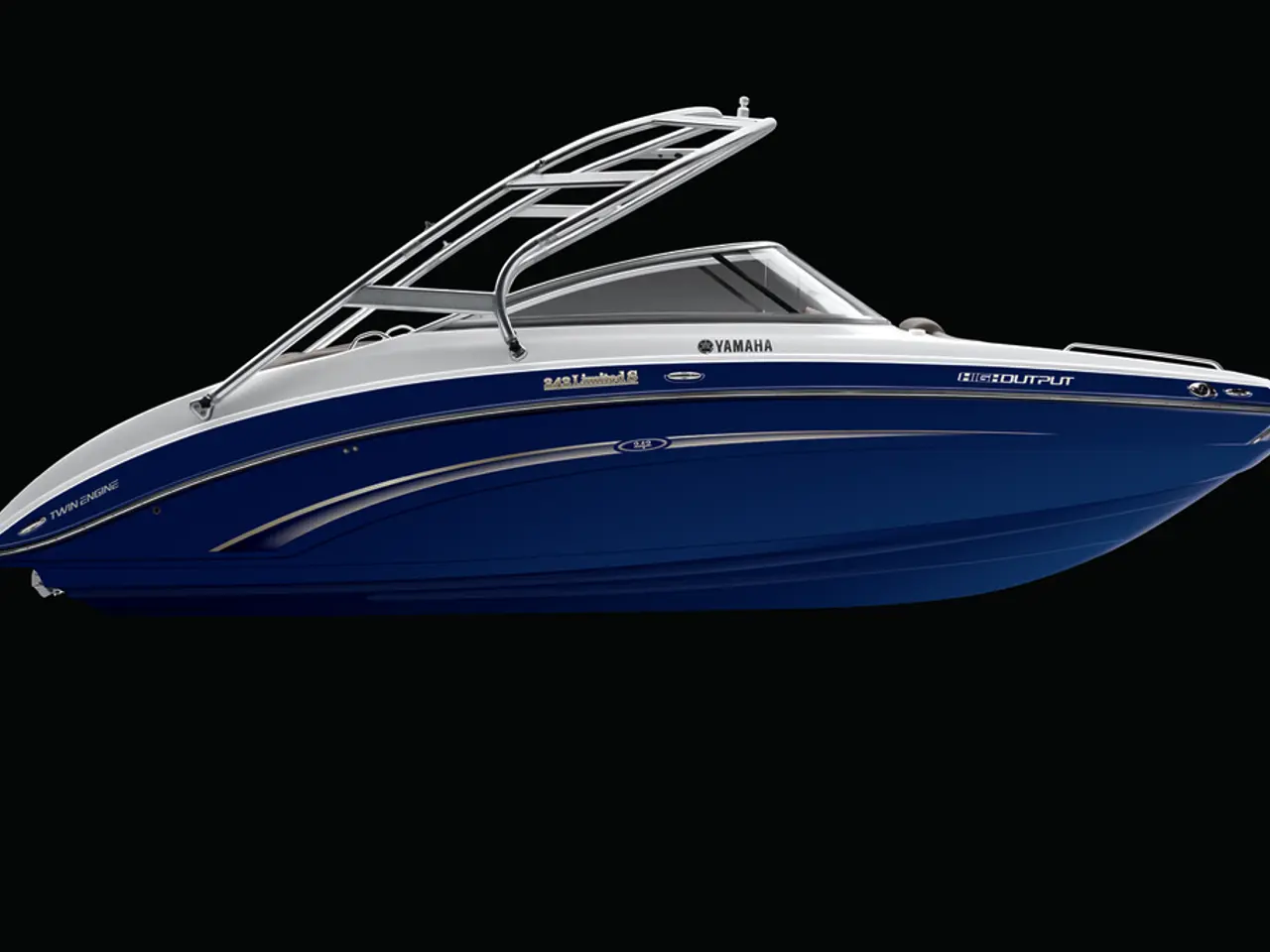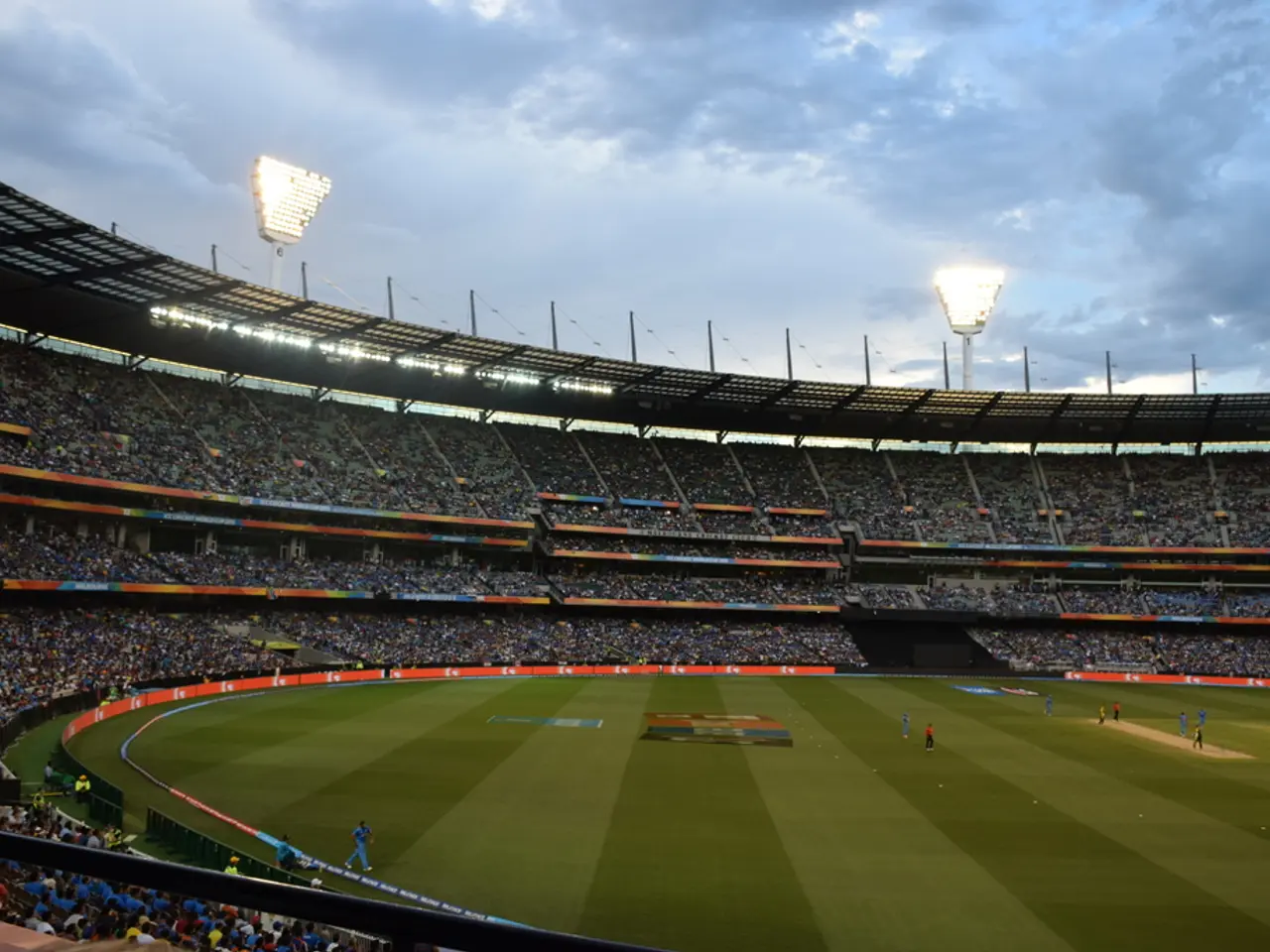Tragic boat mishap off Bali's coast claims lives of two vacationers - Tragedy ensues as two vacationers meet their demise in a boating mishap near Bali
In July 2025, Indonesia experienced a third serious ferry or boat accident in the month alone, with incidents near Bali and Sulawesi highlighting persistent maritime safety challenges.
Several accidents have raised alarms around Bali and Nusa Penida, such as a tourist boat capsizing off Nusa Penida in March, a fast boat accident near Nusa Lembongan in June, and a ferry sinking on the Ketapang-Gilimanuk route in July. These incidents affected tourists, including international visitors, raising concerns about their safety.
Tourism operators and local associations are demanding stricter regulations, consistent enforcement, and investment in port and vessel safety infrastructure to avoid undermining Bali's reputation as a safe tourist destination.
Common causes of accidents include overloading vessels well beyond certified capacities, poor maintenance, and failure to adhere to safety protocols. For example, the KM Barcelona 5 ferry fire off Sulawesi in July was reported to have double the declared capacity on board, complicating rescue operations and increasing casualties.
Indonesian authorities have acknowledged the gaps in regulation enforcement and are conducting investigations while promising to intensify safety drills and review passenger ferry protocols nationwide, focusing on high-traffic tourist and inter-island routes.
Experts and analysts link these recurring tragedies to aging fleets, weak oversight, and operators cutting corners, which are pronounced issues in Indonesia’s extensive archipelago where ferries are often the main transit mode. Calls for reform include setting vessel age limits, routine inspections, and suspension of boats with mechanical or safety flaws until fixed, a measure supported by regional experts.
The involvement of international tourism markets, especially from China and Australia, puts additional pressure on the Indonesian government to safeguard ferry travel safety to protect the tourism sector and foreign visitors.
Nusa Penida, a popular tourist spot known for its beaches and coral reefs, is one of the areas heavily reliant on ferry and boat traffic. As the world's largest archipelagic state, Indonesia heavily relies on ferry and boat traffic.
In summary, the recent boat accidents near Bali and Nusa Penida reflect systemic maritime safety deficiencies exacerbated by overcrowding and lapses in enforcement affecting tourists, including those from China and Australia. Reforms and stricter maritime safety enforcement are urgently demanded by tourism stakeholders and experts to prevent further tragedies.
- The recurring ferry and boat accidents in Indonesia, such as those near Bali and Nusa Penida, are often linked to migration, as international visitors from countrieslike China and Australia are affected by these incidents.
- The persistent maritime safety challenges in Indonesia, evident in the incidents near Bali and Sulawesi, are exacerbated by factors like war-and-conflicts, as weak oversight and operators cutting corners can be attributed to the extensive archipelago's complexity and political instability.
- Accidents in Indonesia's ferry and boat traffic, like the KM Barcelona 5 ferry fire, are also influenced by general-news events, such as car-accidents, fires, and crime-and-justice issues, leading to compromised safety standards and lax enforcement.
- The necessity for employment policy reforms is pressing in Indonesia's maritime sector, as stricter regulations, consistent enforcement, and investment in port and vessel safety infrastructure are needed to ensure the employment of seafarers is secure and their work environment is safe, reducing the risk of accidents and protecting tourists visiting Indonesia.







